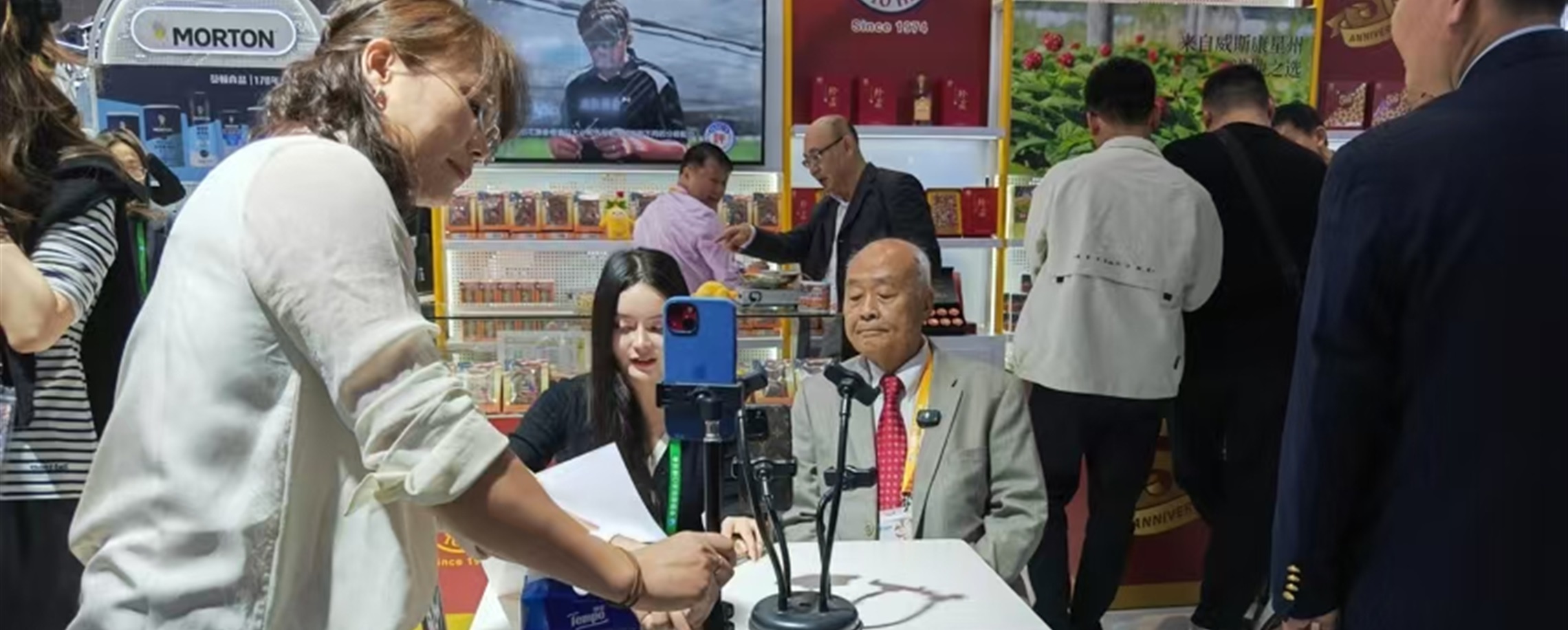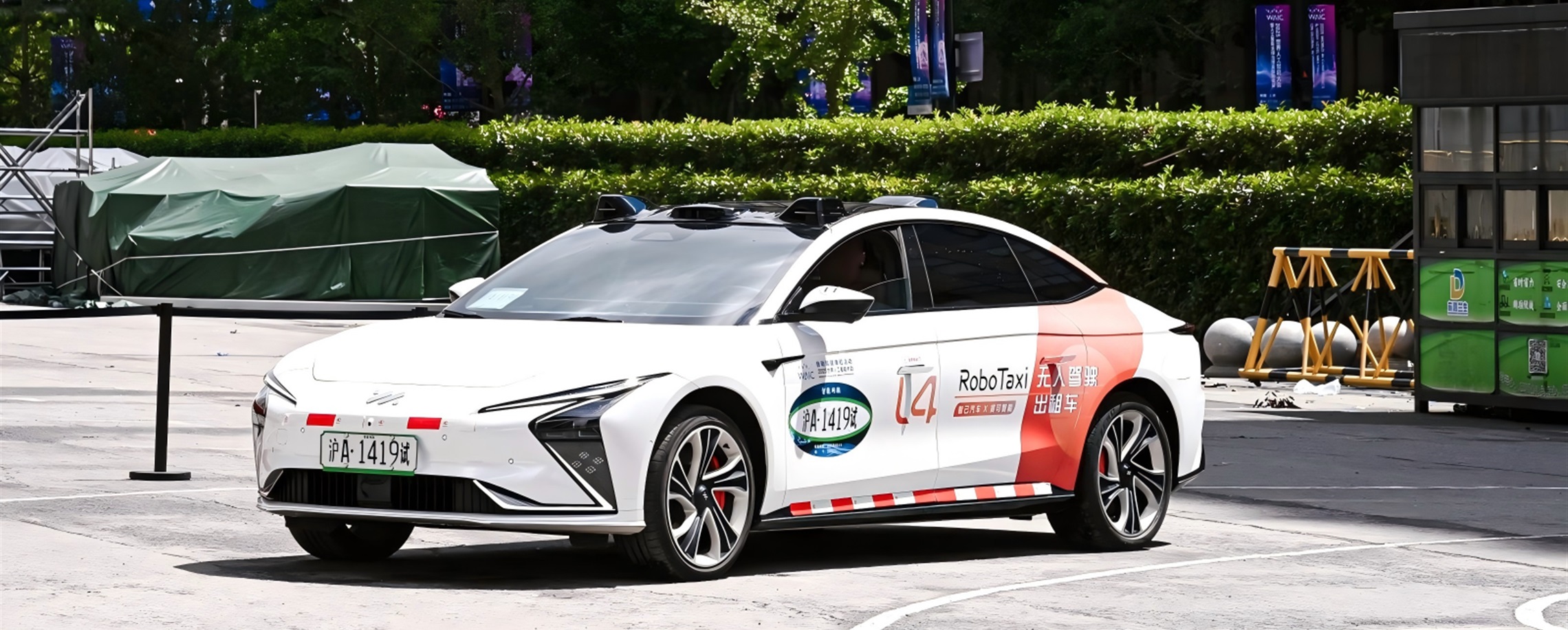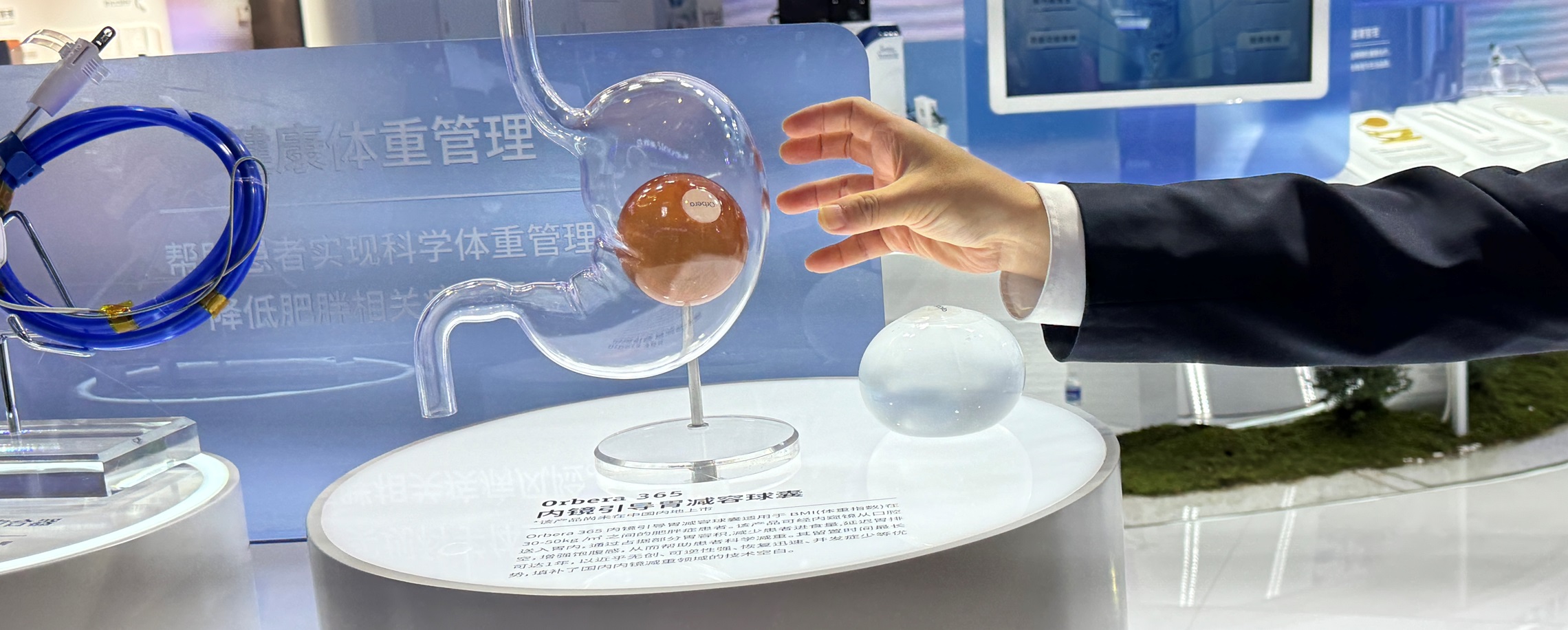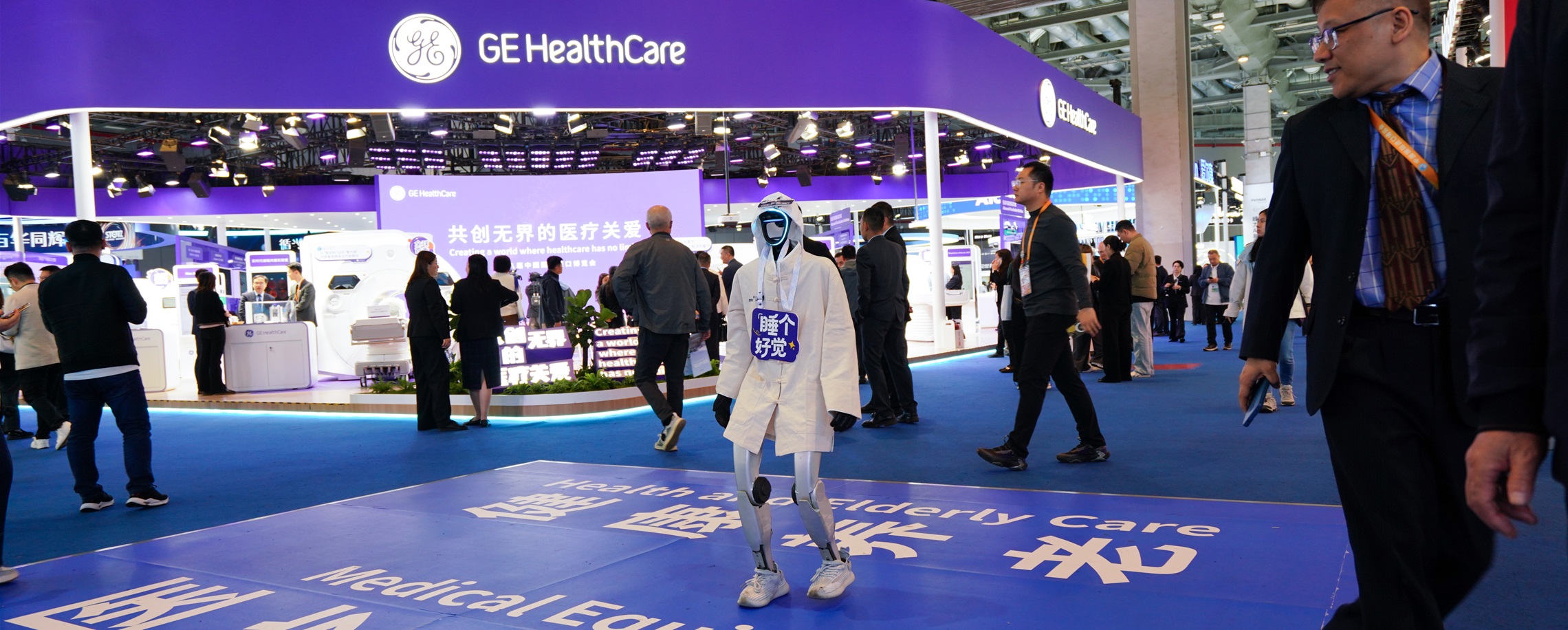Unitree Founder Defines 'ChatGPT Moment' for Embodied Intelligence
Wang Xingxing, founder and chairman of Unitree Robotics, stated that the "ChatGPT moment" will only occur when a humanoid robot can effectively carry out approximately 80 percent of tasks assigned to it through spoken or written instructions, even in an unfamiliar real-world context.
He was speaking at the 8th Hongqiao International Economic Forum in Shanghai on Wednesday.
"If someone can achieve this goal next year or the year after, there is no doubt that they will lead the world in embodied AI," Wang told the gathering at a session titled "Cooperation of Humanoid Robotics Innovation and Development."
The event brought together more than 10 entrepreneurs, scientists and policymakers from China and abroad in the AI and robotics industries, including leading organizations and companies such as UBTECH and the National and Local Joint Innovation Center for Humanoid Robots.
Wang also revealed that Unitree had upgraded its algorithms to boost the robots' mobility, ensuring they can stand back up regardless of what happens.
"In the future, stability will be crucial for the widespread deployment of humanoid robots," Wang stated. "I believe this will become a standard feature for all humanoid robots."
He also offered an optimistic forecast that on average, companies in China's intelligent robotics industry will grow by 50 to 100 percent this year.
This year has been hailed as "the first year of humanoid robots."
"As humanoid robots integrate into human production and daily life at an unprecedented pace, they are profoundly reshaping industries, development models and social structures," said Zheng Feng, president of the China Humanoid Robotics Committee of 100.
"In the face of global challenges such as demographic shifts, labor shortages, and environmental pressures, humanoid robots represent not only advancements in technology but also a crucial element in promoting sustainable development," he added.
According to People's Daily, China's humanoid robot market is projected to reach 870 billion yuan (US$121.9 billion) by 2030.
A report by Morgan Stanley predicts that the global humanoid robot market could expand to US$5 trillion by 2050, with over 1 billion humanoid robots in operation worldwide.
China is anticipated to lead this growth, with approximately 302.3 million humanoid robots in use by 2050, followed by the United States with 77.7 million.
"Humanoid robots are increasingly becoming a part of our daily lives," stated Jiang Lei, chief scientist at the National and Joint Innovation Center for Humanoid Robots.
"It's now commonplace to encounter them in shopping malls, at concerts, or even during the Spring Festival Gala."
However, many humanoid robots currently serve mainly emotional or entertainment functions rather than providing broad, reliable productivity.
"A more pragmatic approach is necessary to foster high-quality development within the humanoid robot industry," remarked Yao Jia, deputy director-general of the Department of Science and Technology at the Ministry of Industry and Information Technology of China.
Wang Xiaogang, co-founder and CTO of SenseTime, one of China's leading artificial intelligence companies, compared the development of humanoid robots to that of new energy vehicles, noting that Tesla's 7 million mass-produced autonomous cars utilize the same sensor configurations and standardized data collection processes, which facilitate large-scale data feedback.
He emphasized that establishing unified standards for data formats, scenarios and reference designs in the early stages of robotics could significantly reduce development costs and accelerate overall industry progress.
Leng Xiaokun, chairman of Leju Robotics Technology, also highlighted the necessity of data standardization. He pointed out that if companies collect data in inconsistent formats, developing usable large models will be nearly impossible.
He asserted that integrating data from various companies could mark a pivotal turning point for the humanoid robot industry.
Another significant challenge is hardware standardization. Michael Xu, founder and CEO of PaXini Tech, noted that when his company collaborates with different clients, they often need to customize interfaces. Even minor variations can result in considerable delays in research and development, as well as production.
Jiang revealed plans to establish a national standards committee for humanoid robots by the end of this year.




In Case You Missed It...





